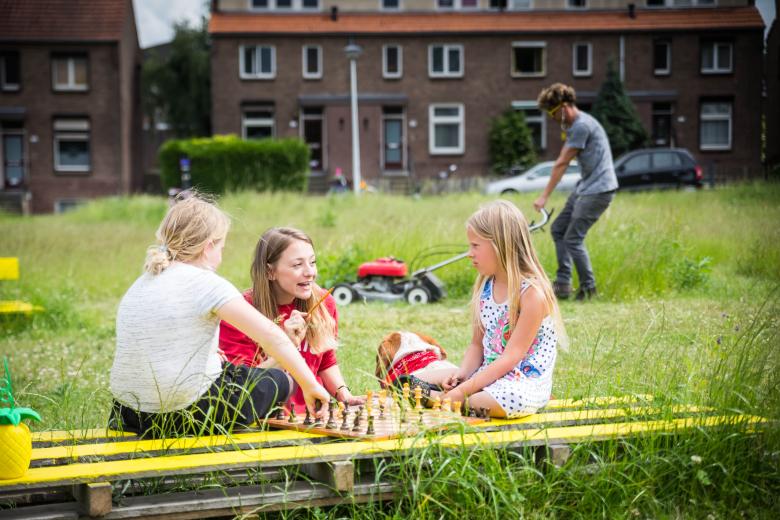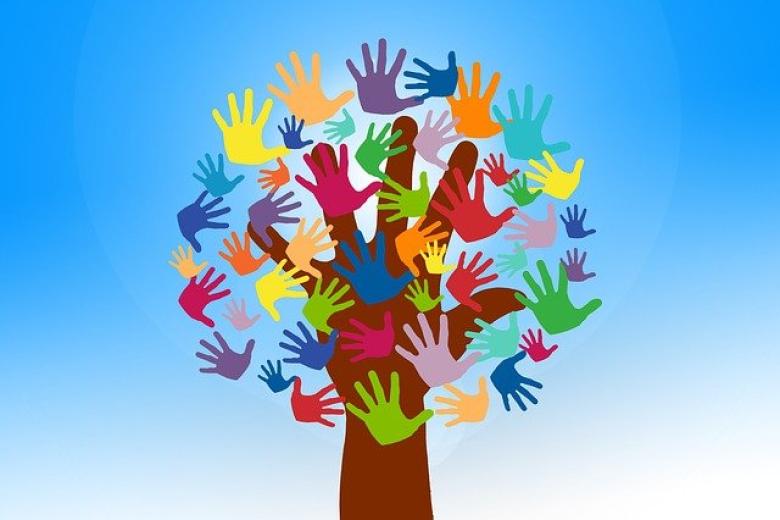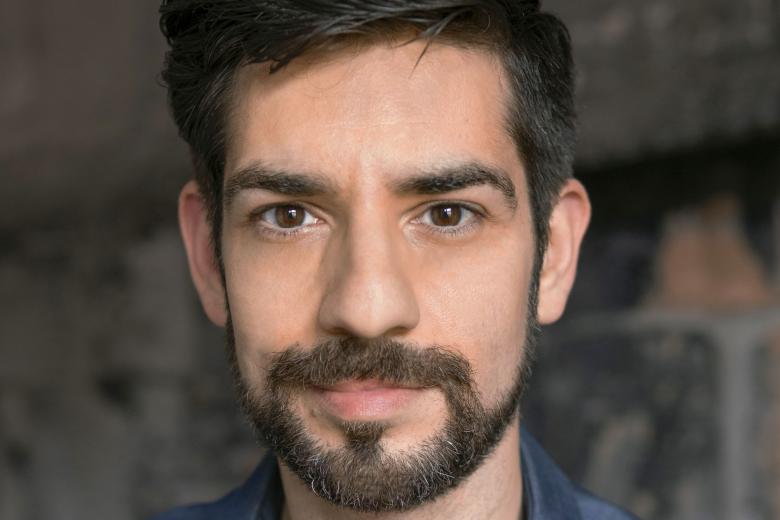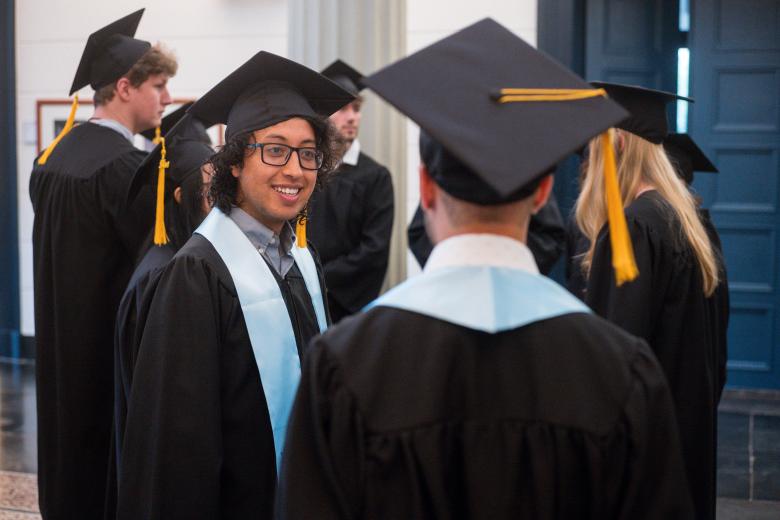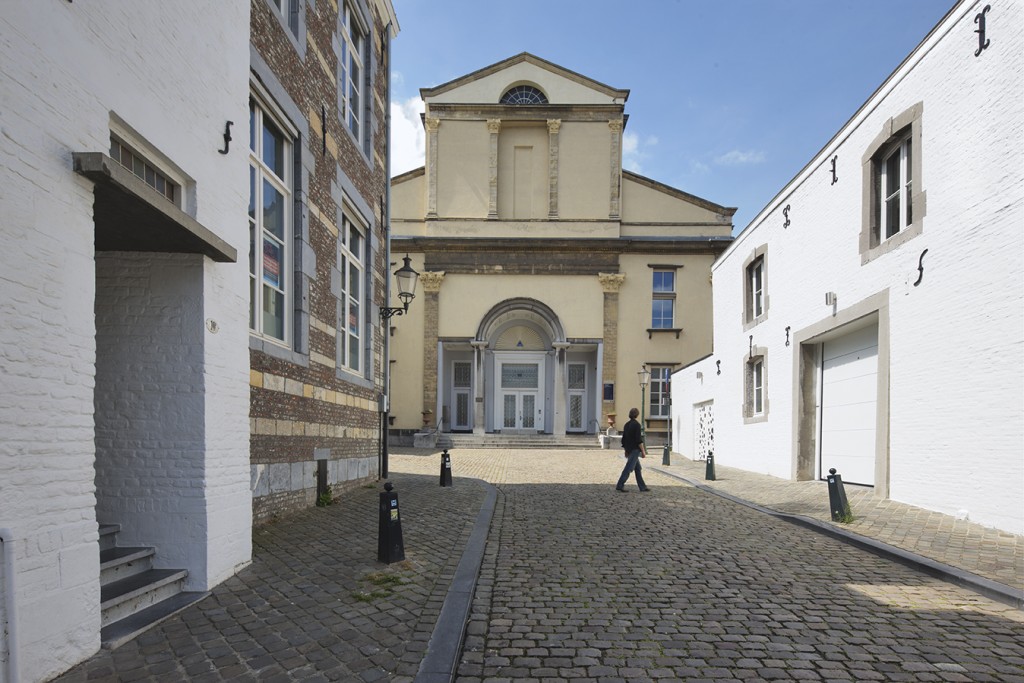While studying at university, you can engage in more than only the activities that are part of your study. You organise or actively engage in initiatives that contribute to others, organisations and society. By engaging in volunteering and making a meaningful contribution to the matters that are important to them, you are able to actualise yourself and benefit your well-being. As a supplement, you learn more about yourself, acquire knowledge, and develop competencies and skills. This self-development that occurs through participation in volunteering is complementary to the knowledge, competencies and skills that you gain through your academic study.
Students who engage in volunteering tune into the reality of the needs of people, organisations and society in their environment. This application to the matters at hand for people, organisations and society is in line with challenge-based learning, which invites and stimulates you to apply and refine your competencies developed through PBL on the currently relevant questions in non-academic settings. You learn to adapt and apply your academically obtained expertise, competencies and skills to cope with the challenges outside of the academic setting in such a manner that is worthwhile and sustainable to yourself and to your environment.
Since we value your participation and involvement so much, we acknowledge volunteering with the edubadge Global Citizenship. Please read below how to receive this acknowledgement.
Acknowledgement
Being a volunteer helps you to develop competencies that are linked to Global Citizenship. We see it as our mission to support students in their journey of becoming a global citizen, where qualities such as perspective taking, moral/ethical reasoning and resilience are essential.
Not only the development of such competencies are notable, but also the intrinsic motivation and the voluntary willingness to do good are highly appreciated. Therefore, the UM recognises and acknowledges civic engagement (volunteering) with the digital edubadge of Global Citizenship.
How to receive the edubadge Global Citizenship?
1. Check whether the civic engagement activity (volunteering activity) and your participation meet the CEA requirements.
2. If so, are you a volunteer at a student organisation (continue to step 3) or at a civic organisation (go to step 4)?
3. Get your student organisation's activities/committees registered by filling out the form and send it to volunteer@maastrichtuniversity.nl. When they are approved, participation in these activities/committees makes you eligible for the edubadge.
4. Write your reflection (in Dutch or English) about your experience and the development of your global citizenship competencies. Make sure it is clear which global citizenship competencies are linked to your volunteering. Use the reflection form for volunteering at a civic organisation or the reflection form for volunteering at a student organisation.
5. Send it to volunteer@maastrichtuniversity for assessment. When approved, you will receive the steps for requesting the edubadge Global Citizenship on the edubadge platform.
